Meet the gay reporter who had undercover conversion therapy: ‘I felt sad more than anything’
Exclusive: Daniel Harding tells Attitude how his experience helped him understand how people can believe the notorious practices can help them.
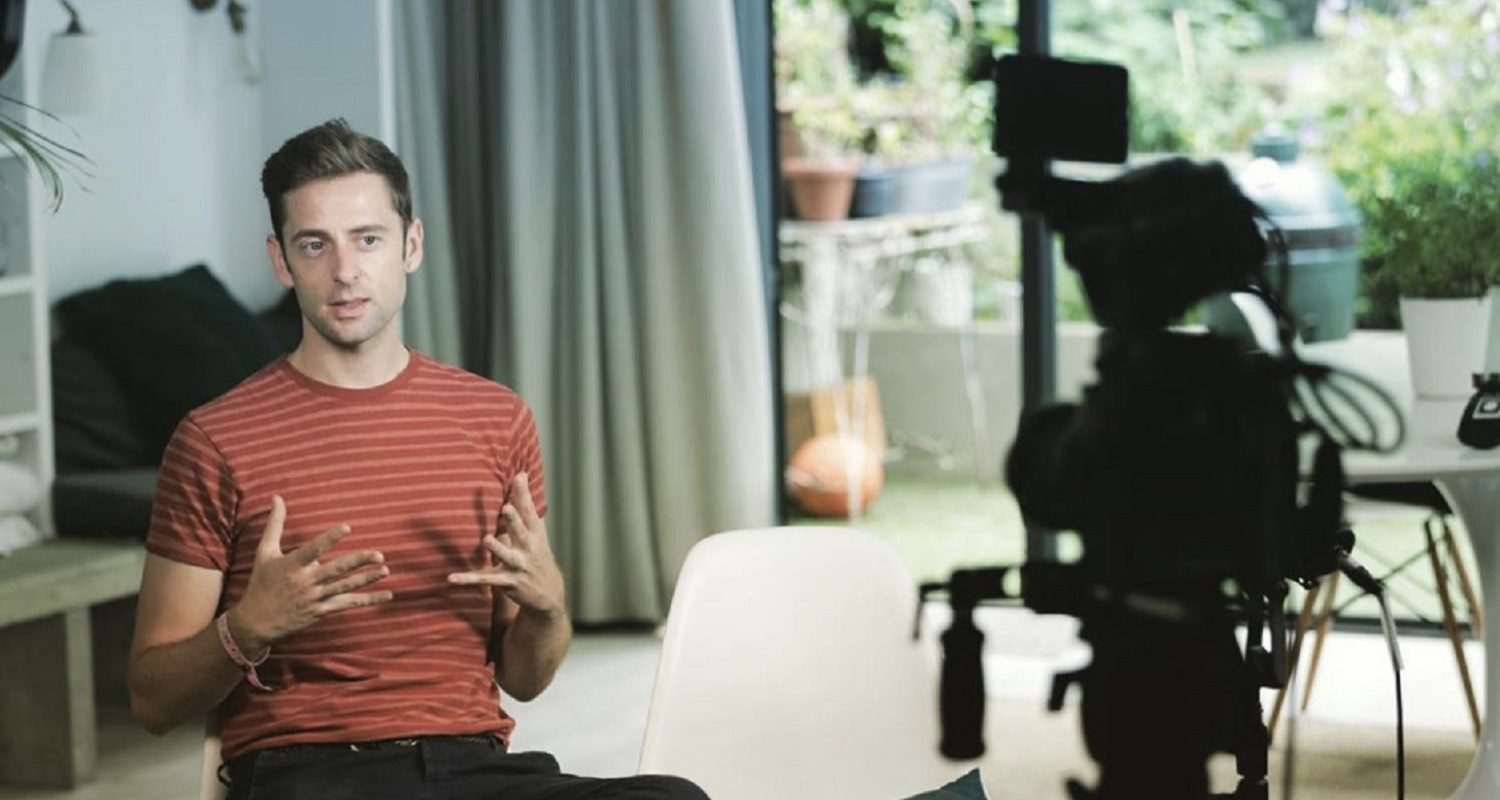
Words: Alastair James; pictures: Daniel Harding/@danieljharding4
“Luckily, I didn’t have to go to the extent of creating a huge alternative identity. The only change I gave is my name, my location, and my job. Other than that, I stayed true to myself: I was a single guy, early 30s, but that I knew that I’m different.”
Daniel Harding, who’s gay, is walking me through his experience of going undercover as part of an investigation by The Mirror into conversion therapy. Their investigation came out in May detailing some of his experience with the Christian fundamentalist charity the Core Issues Trust (CIT).
In May, the UK Government announced it was making plans to ban conversion therapy in the UK and announced a short consultation into the practice. Former Prime Minister, Theresa May, initially promised a ban in 2018. The widely-debunked practice, which seeks to change or suppress a person’s gender identity or sexuality, has already been banned for minors in 20 US states.
The Government disbanded its LGBT advisory panel in April after three members left over the government’s inaction on the issue.
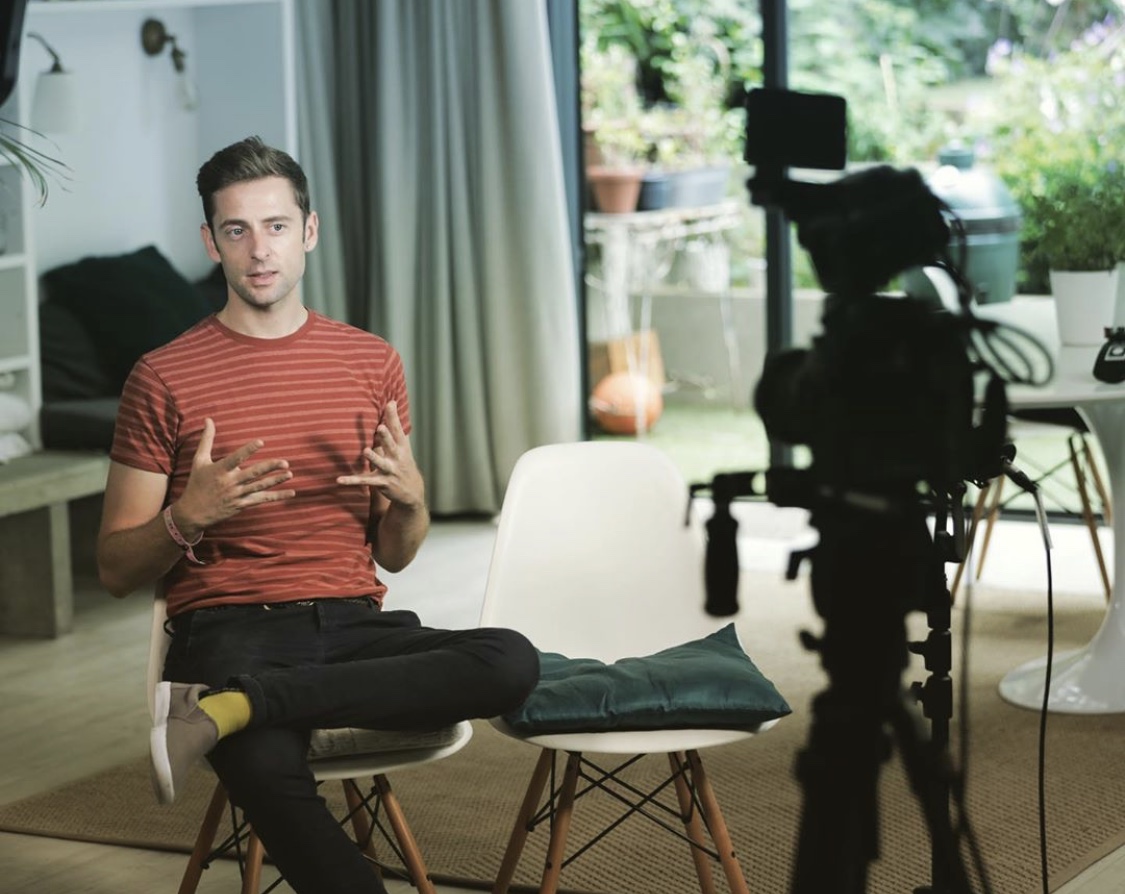
“F***, no way! Absolutely not!”
“I’ve always been interested in hearing different topics and subjects and I think as you get older, your own community and feeling comfortable in your skin is something that you actually value more than ever. The Mirror came to me and said they were really interested in conversion therapy; would I be interested in going undercover?” says Dan.
His first thoughts were probably the same as most people’s: “F***, no way! Absolutely not!” But, despite family and friends telling him not to do it he eventually concluded anything exposing the reality of conversion therapy would help strengthen the case to ban the abhorrent practice in the UK.
“So, I decided to go through with it. I said to the Mirror, I’m open to doing this but if at any point I feel uncomfortable, or I feel like I need to stop then we need to have that discussion. And they were really receptive to that.” And thus ‘Joe Willis’ was born.
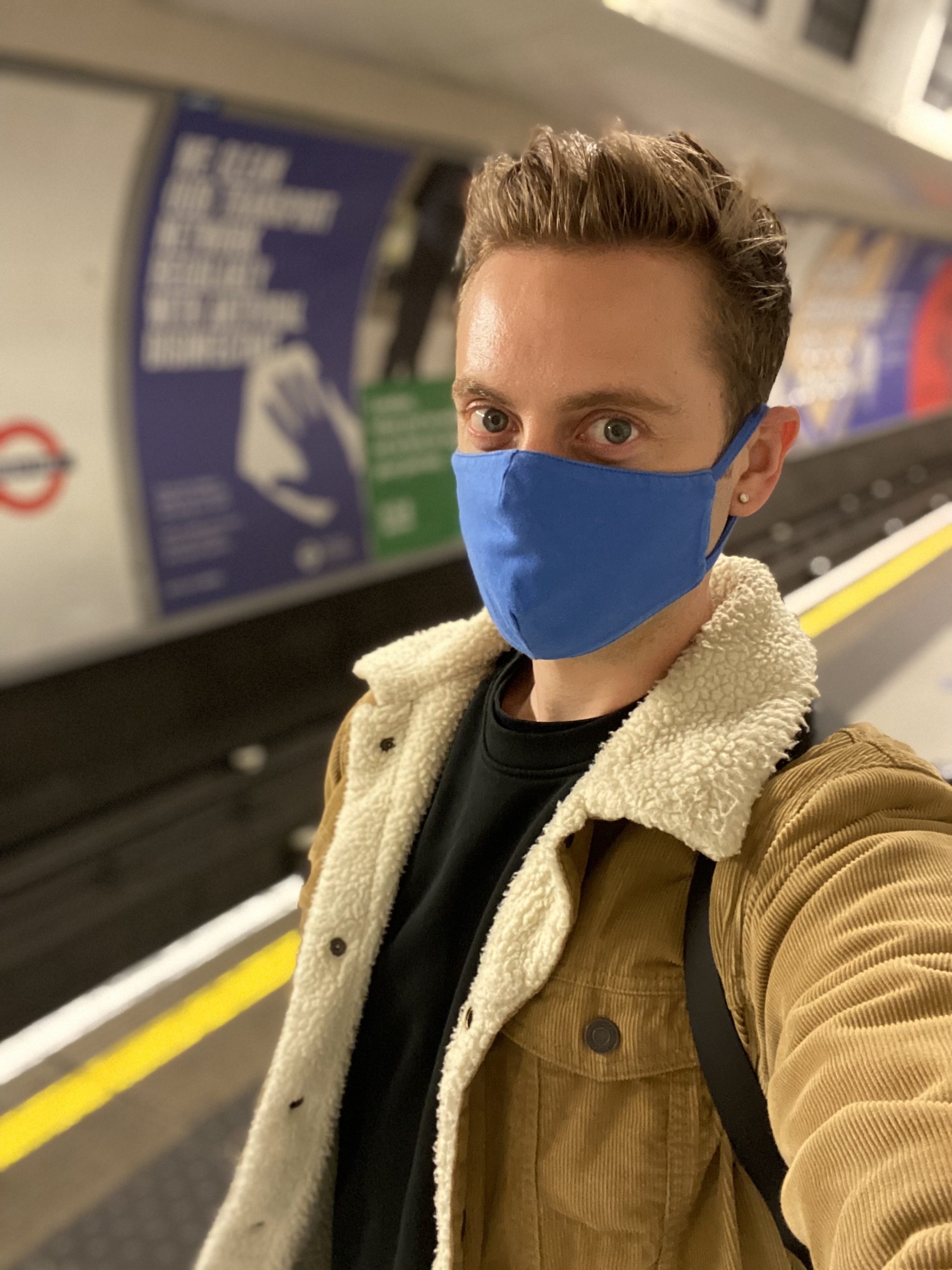
“They were very keen on pushing a mentor”
Not unlike an actor preparing for a role, in creating his ‘character’ Dan says he thought about his own experiences coming out. “I definitely felt uncomfortable coming out. I thought it would be easier not to be gay. That was actually the part that I found quite emotional. Because I think a lot of gay men and anyone in our community questions this at some point.
“Going back to those feelings again, it made me feel sad. I couldn’t believe that I actually went through that, first of all, and I really doubted who I was. And then I felt angry that other people do feel like this. Revisiting that sort of thing, that’s what I was worried about.”
In his new guise as ‘Joe’ – a single banker in his 30s who knew he was ‘different’ – Dan got in touch with the CIT. “They were very keen on pushing a mentor, someone who had been through it and now is ‘OSA’ (or ‘opposite sex attraction’ – ‘SSA’ stands for same-sex attraction). They said: ‘This guy is now married to a woman, so he’s a really good example.’”
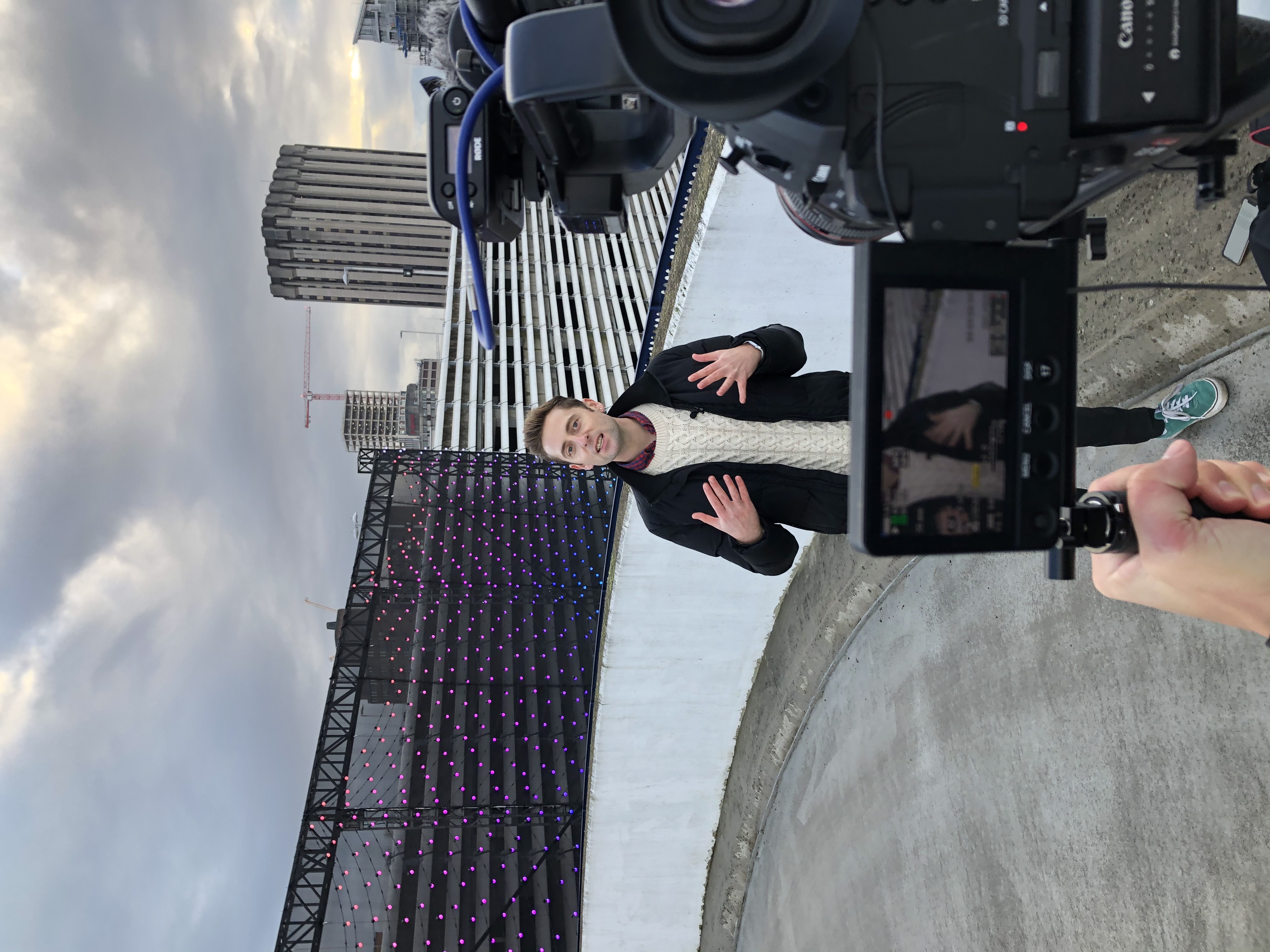
Dan tells Attitude he was asked all sorts of personal questions. “I had to talk about my sex life, masturbating, family upbringing. It’s like an intrusive therapy session but very suggestive. For example, I was talking about my family, and I said, I’ve got a close relationship with my sister. And they said: ‘that’s one of the reasons that you might be SSA – you’ve obviously had a heavy influence of females in your life.’ They might as well have asked me: ‘Did you play with Barbies when you were younger?'”
But Dan says even that wasn’t the worst bit… “Every time it finished, they asked if they could pray for me. It was the most uncomfortable.”
“These people are vulnerable, they’re looking for their own people”
I was curious to know what the people leading these sessions were like. Were they the depiction of evil as they’re understandably characterised? “Not at all,” says Dan.
One of the men Dan spoke to was Matthew Grech, who appeared on The X Factor Malta in 2018 (he has described homosexuality as a sin and admitted to ‘past homosexuality’), is now apparently looking for a wife.
“It’s just very odd, they’re not anything you’d think them to be,” Dan continues. “I would have expected a man in a white jacket with glasses. But no; warm, gentle, welcoming, open arms [they] really just want to be there for you.”
We talk about how groups like CIT, and who’s likely to be drawn in by them. Like Dan, growing up I also thought life would be easier if I wasn’t gay. I can remember spending many nights lying in bed wishing I’d wake up straight. Dan and I agree it’s people in this state, who may be struggling with their identity, that may see this as, potentially, their only option. Dan adds these groups also play on a longing for a community.
“I think it’s people who are lonely. These people are vulnerable, they’re looking for their own people. And I think that people who are really worried about coming out or their families, or perhaps those from a religious background, it’s those people that get sucked into this.”
“After this sort of therapy, you could really hate yourself!”
After two phone calls and a Zoom meeting, the Mirror published their investigation exposing Daniel’s real identity. He says the experience has had an impact on him.
“I feel alright now. But afterwards, I felt a little bit sad more than anything. I felt actually really sad for Michael [Grech] and other people because they believe they used to be SSA and [are] not living what I believe to be the life that they probably wanted. After the Zoom, I felt really reflective because they said some really weird things and I think for a couple of days I did feel a little bit odd. But I shook it off.
“After this sort of therapy, you could really hate yourself! It sounds gross, but I definitely didn’t masturbate for a couple of days after. Because you feel like you don’t want to! They do get into your head a little bit. We have to ban this sort of stuff because it’s brainwashing and it’s really damaging. If you need therapy, go to normal therapy.”
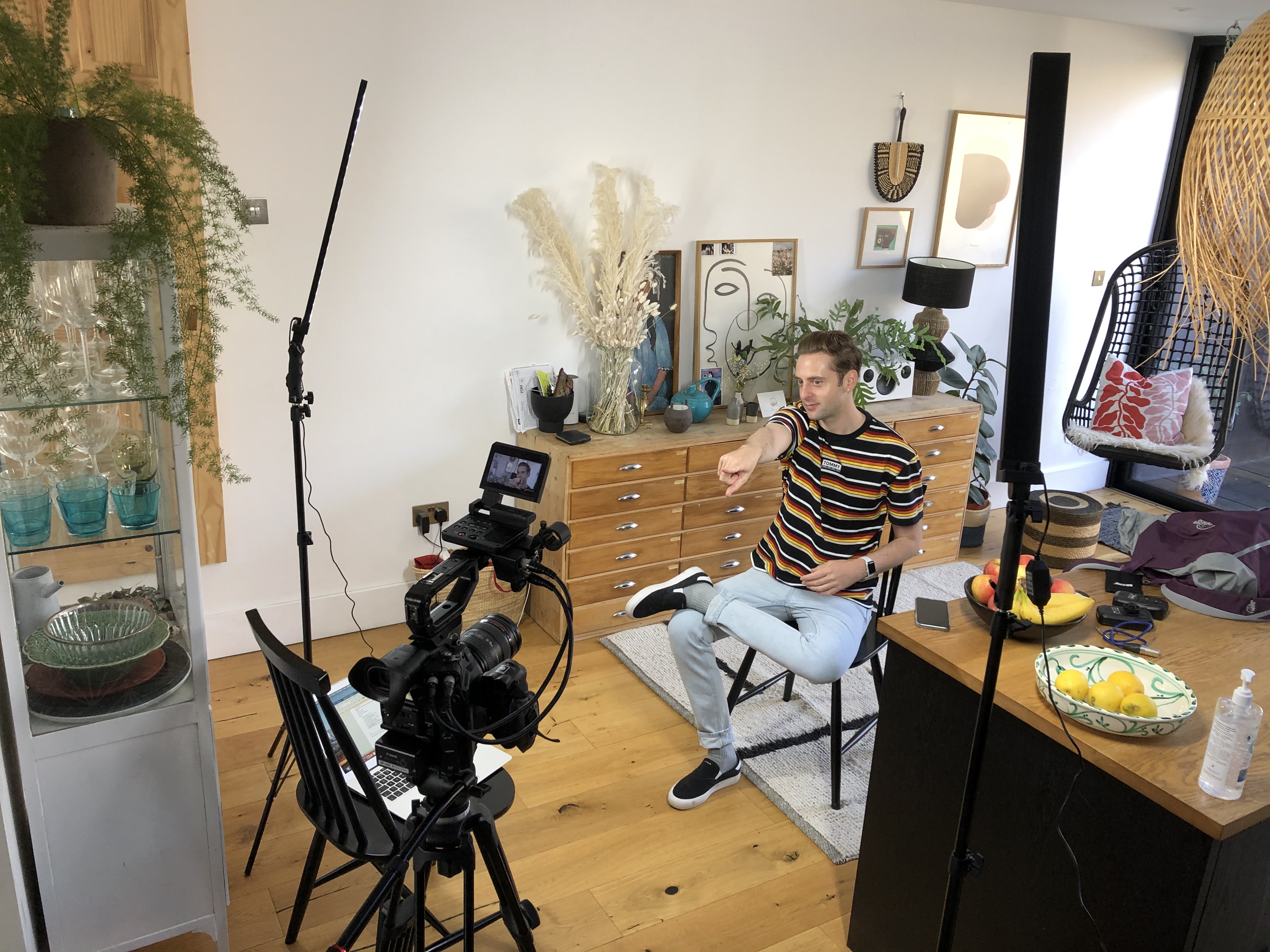
Dan doesn’t think people really understand conversion therapy. “We’re making more awareness of the sorts of stuff but there are different degrees of conversion therapy, there are some really shocking extreme ones, which show you visuals or put you through horrible things. And then there’s talking, which is just as damaging.
“And the mind is such an incredible thing. We’re more aware than ever of people’s mental health. And for the [UK] government, for everyone to preach so much about how important good and positive mental health is but then allow stuff like this to go on, which is damaging into mental health is just crazy.”
His message to the LGBTQ community: “We need to stand together and share. People are looking for their community. We need to give people hope. People are scared and our voices are the most powerful tool we have. Whoever you are is a brilliant person and you need to love yourself and we need to champion more things like that rather than silence who we are.”
After approaching the Core Issues Trust for comment, the organisation directed Attitude to its original statement in response to the Mirror’s investigation defending their approach, which you can read in full here.
